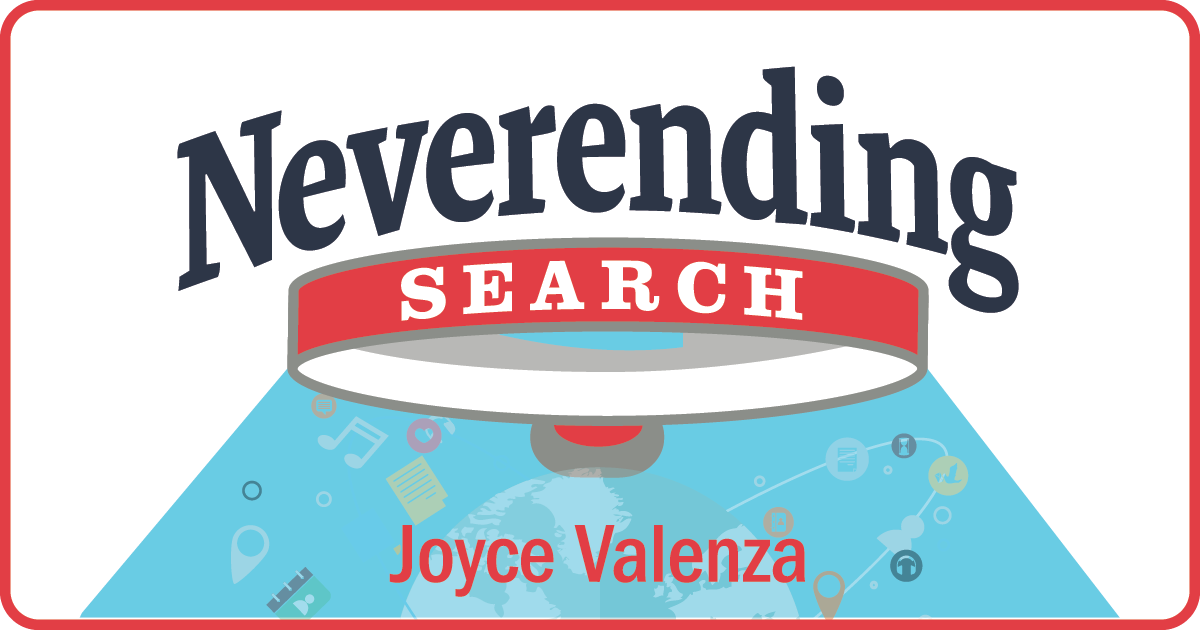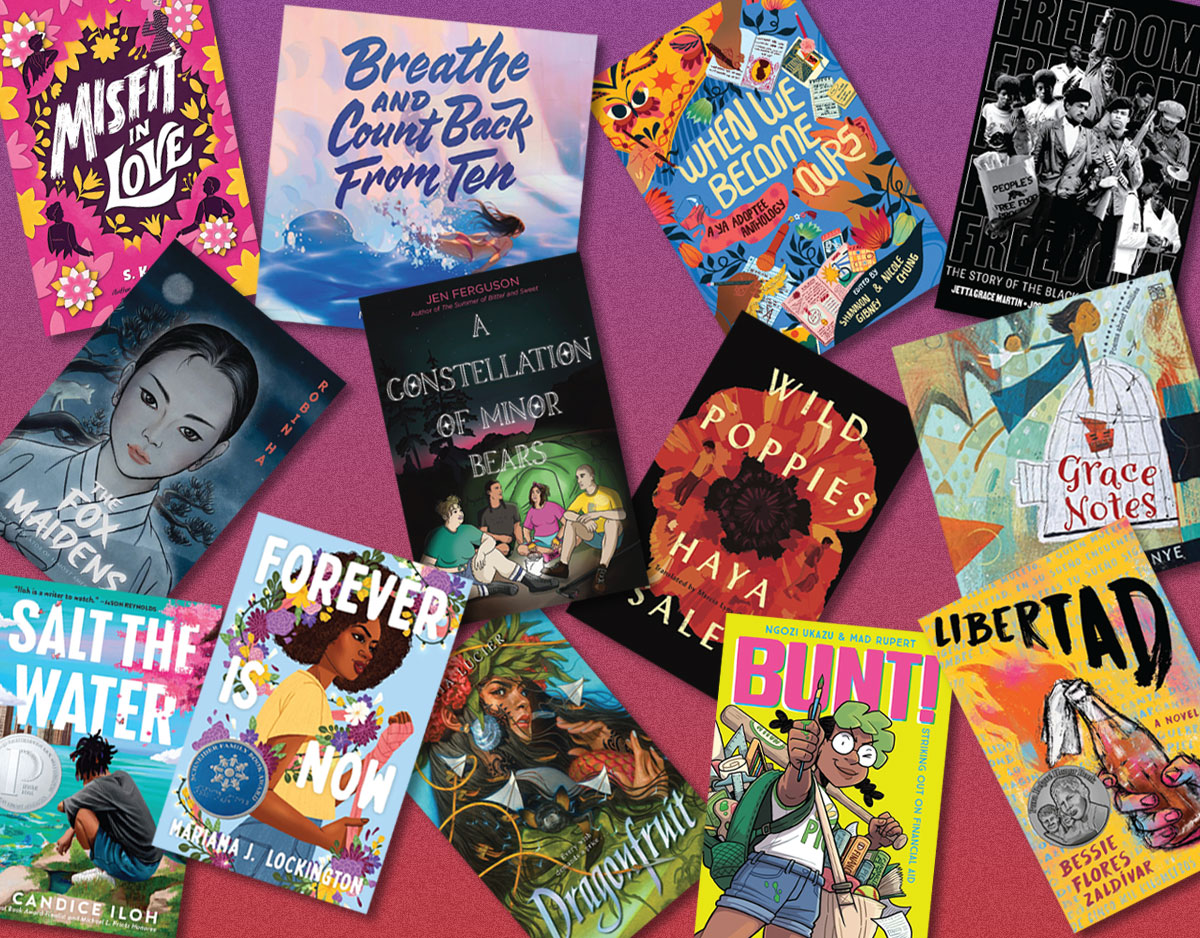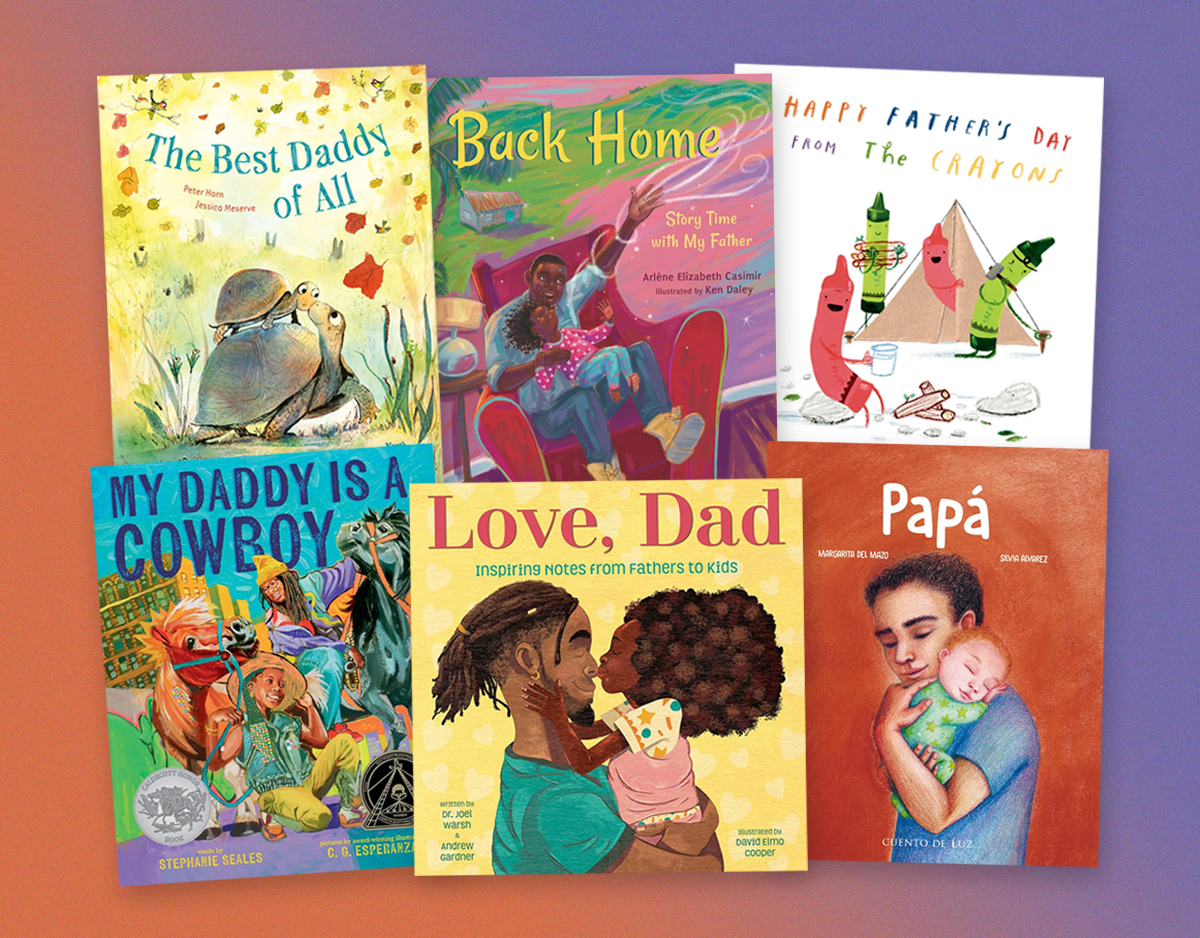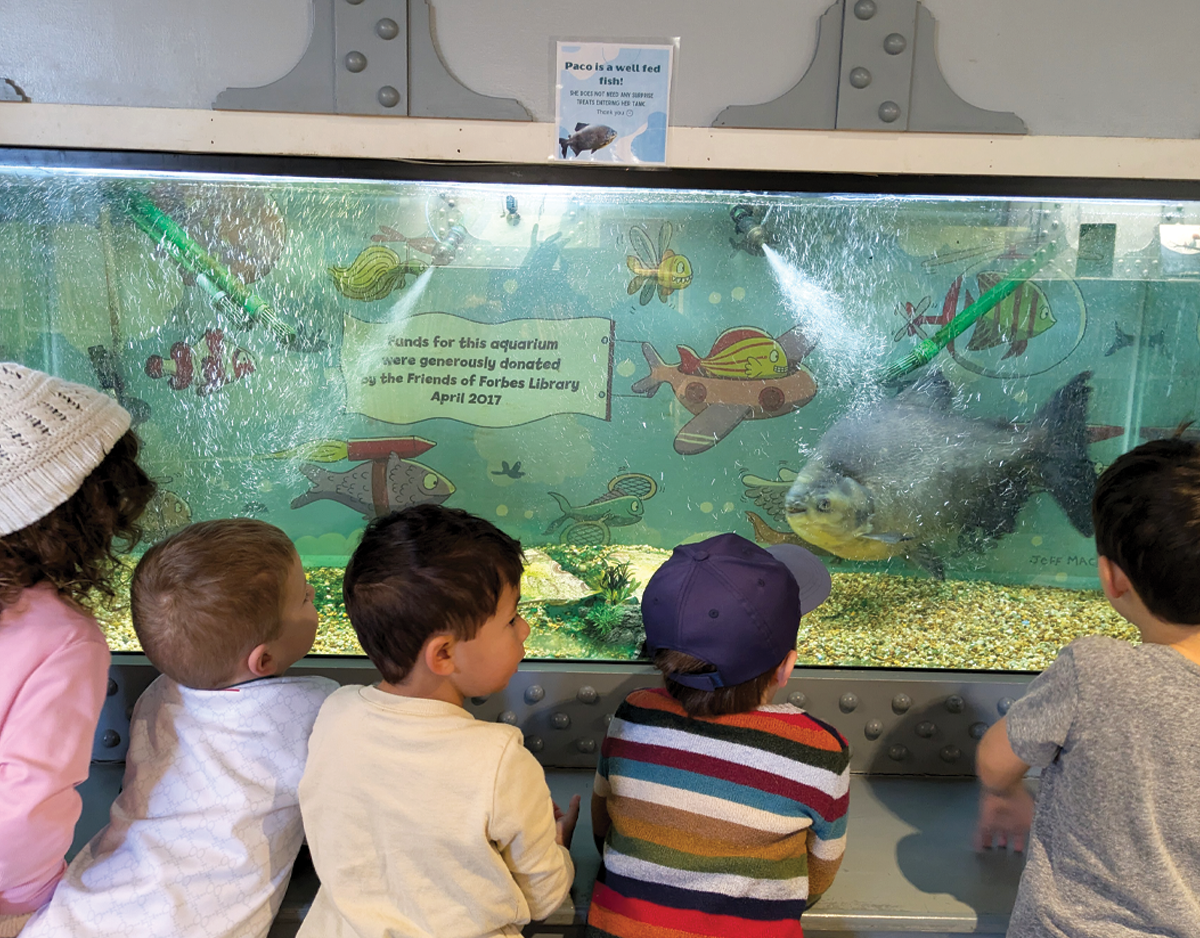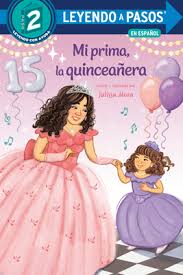SCROLL DOWN TO READ THE POST
Truth, Lies, and the Internet
 Truth, Lies and the Internet, a just-published report from the British think-tank Demos, shares that, despite their feelings of efficacy, young people are not careful, discerning users of the Internet.
Truth, Lies and the Internet, a just-published report from the British think-tank Demos, shares that, despite their feelings of efficacy, young people are not careful, discerning users of the Internet.
Researchers Jamie Bartlett and Carl Miller reviewed current literature and conducted an online survey of 509 primary and secondary school teachers in England and Wales regarding their assessment of students’ digital fluency. The authors define digital fluency as: the ability to find and critically evaluate online information.
ADVERTISEMENT
ADVERTISEMENT
Among the finders from the Executive Summary:
Too many digital natives do not apply checks on the information they access: around one in four 12-15 year- olds make no checks at all when visiting a new website, and less than one in ten ask who made the site and why.
Aesthetics over quality: decisions about information quality is based on site design, rather than more accurate checks . . .
Lack of teaching: only one-third of 9-19 year-olds have been taught how to judge the reliability of online information . . .
The researchers note that young people who do not apply fact checks, and who are unable to recognize bias and propaganda, will not seek a variety of sources and are likely vulnerable to the pitfalls and rabbit holes of ignorance, falsehoods, cons and scams and that (chillingly) the potential danger of these deficiencies is that young people are more likely to be seduced by extremist and violent ideas.
The report calls for an emphasis on digital fluency at the heart of learning, for the involvement of the Department of Education, as well as third sector representatives like Google and Yahoo! And it suggests that parents take a more active role in guiding young people’s critical thinking and their online consumption.
The study is a compelling argument for the critical importance of developing what we’ve long called information literacy skills and for ensuring that our teens practice these life skills.
Censorship of the internet is neither necessary nor desirable; the task instead is to ensure that young people can make careful, skeptical and savvy judgments about the internet content they encounter. This would allow them to better identify outright lies, scams, hoaxes, selective half-truths, and mistakes, and better navigate the murkier waters of argument and opinion.
The report makes a strong case for a global educational focus on information fluency (or media fluency or digital fluency).
Sadly, librarians are not mentioned in the study at all. Judging by the breakdown of participant specialties, librarians were not included in the sample of educators. The lit review largely overlooked the existing body of research on information literacy.
I wonder if this powerful call to action in the UK will lead to serious consideration of the role teacher librarians might play in addressing the identified learner deficiencies.
Filed under: digital citizenship, digital literacy, evaluation, information literacy, search tools
About Joyce Valenza
Joyce is an Assistant Professor of Teaching at Rutgers University School of Information and Communication, a technology writer, speaker, blogger and learner. Follow her on Twitter: @joycevalenza
ADVERTISEMENT
SLJ Blog Network
One Star Review, Guess Who? (#217)
Modern Fairytales and Excessive Tresses: Corinna Luyken Talks The Arguers
Miss Camper | This Week’s Comics
DIY Teen Makerspace: Pop-Up Cards Tutorial
The Classroom Bookshelf is Moving
ADVERTISEMENT
ADVERTISEMENT

